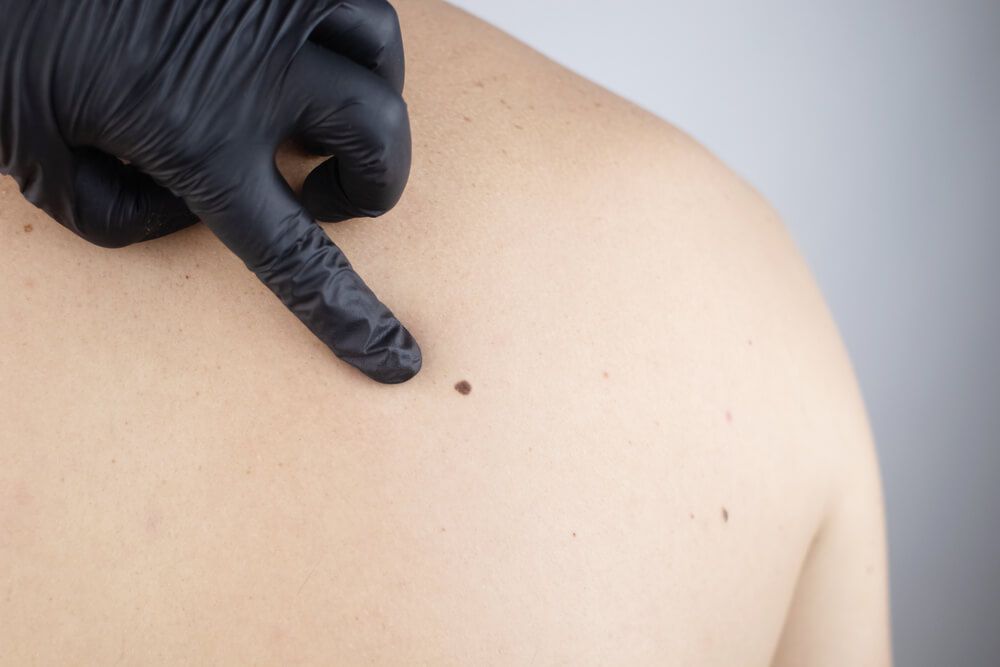What are moles?
Also called nevi
Moles are common. Almost every adult has a few of them. Adults who have light skin often have more moles. They may have 10 to 40 moles on their skin. This is normal.
Most moles appear on the skin during childhood and adolescence. Moles will grow as the child (or teen) grows. Some moles will darken, and others will lighten. These changes are expected and seldom a sign of melanoma, the most-serious skin cancer.
For adults, new moles and changes to existing moles can be a sign of melanoma. Caught early, melanoma is highly treatable.
Here are three facts that can help you find melanoma early and get treatment:
- A change to a mole or a new mole is often the first sign of melanoma
- You can find melanoma early by checking your own skin
- If you see a mole or other spot that’s growing, itching, bleeding, or changing in any way, immediately make an appointment to see a dermatologist
Changing moles
If a mole starts to grow, itch, or bleed, make an appointment to see our board-certified team at Warren Dermatology & Mohs Surgery.
In Trumbull County and the neighbouring areas, it is of utmost importance to prioritize your skin’s health. Selecting the appropriate skincare providers can be a life-changing decision. For those seeking professional assistance, we at Warren Dermatology & Mohs Surgery are dedicated to providing optimal care. We extend our services and expertise to cater to your needs promptly and efficiently. Dr. Morgan Hott, Dr. Hamrock, Victoria Dennis, FNP-C, Wendy Demetrios, FNP-C and Brianna Marin, MPAS, PA-C kindly urge you to contact us today at (330) 856-6365, and take a step forward towards attaining clear, healthy skin with our professional assistance.



